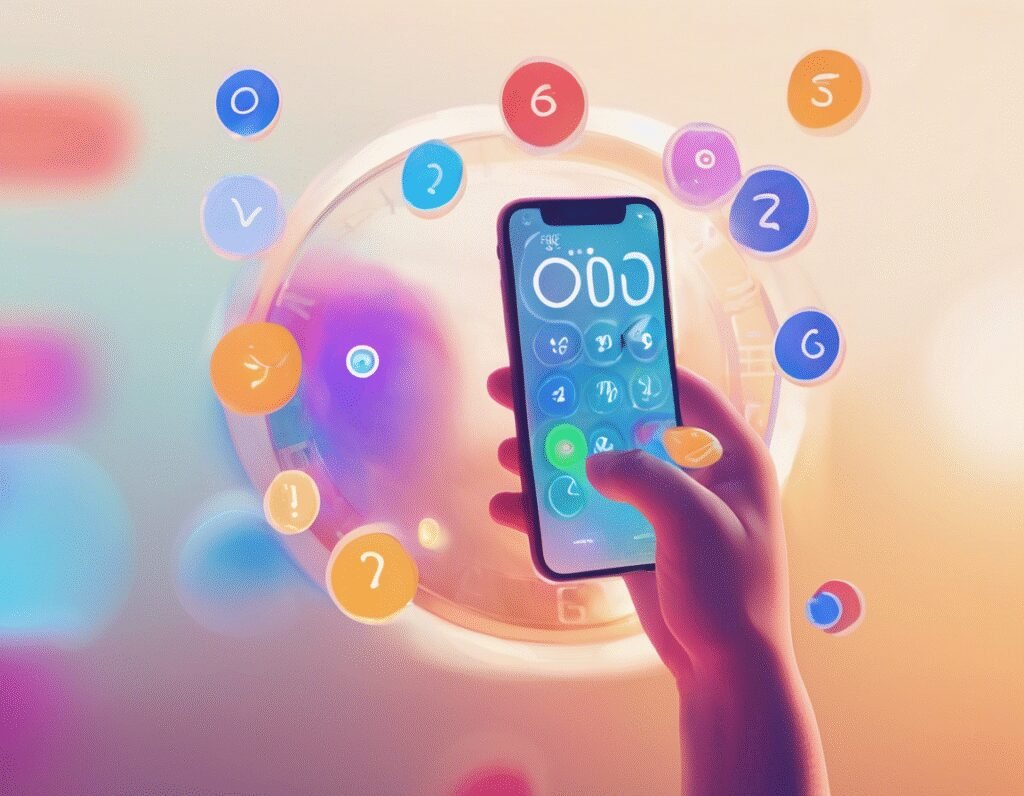TikTok Introduces Gamified Mindfulness Tools to Combat Addictiveness
TikTok is rolling out a new feature called Well-being Missions, designed to encourage healthier digital habits through gamification. The idea is simple: users earn badges by completing short challenges focused on mindfulness and balanced screen time. While the concept of mixing mindfulness with dopamine-driven mini-games seems contradictory, TikTok argues it’s a step toward reducing compulsive use.
The initial batch of missions builds on TikTok’s existing digital well-being tools, including quizzes and flashcards. Early testing reportedly showed positive engagement, prompting the company to expand the program over time. The challenges are framed around positive reinforcement, aiming to educate users and create a sense of progress. TikTok claims the features are backed by research, input from its Youth Council, and consultations with experts.
The move comes amid ongoing criticism that TikTok knowingly contributes to mental health issues, particularly among younger users. Internal research from parent company ByteDance reportedly linked excessive use of the platform to negative mental health effects, including sleep disruption and difficulties in maintaining real-life relationships.
Rather than fundamentally altering its addictive design, TikTok is opting for a middle-ground solution—encouraging mindfulness while keeping users engaged. Critics might argue that true change would require reducing the platform’s addictive mechanics, but for now, badge-earning missions are the compromise. Whether this approach genuinely helps or simply repackages engagement tactics remains to be seen.

